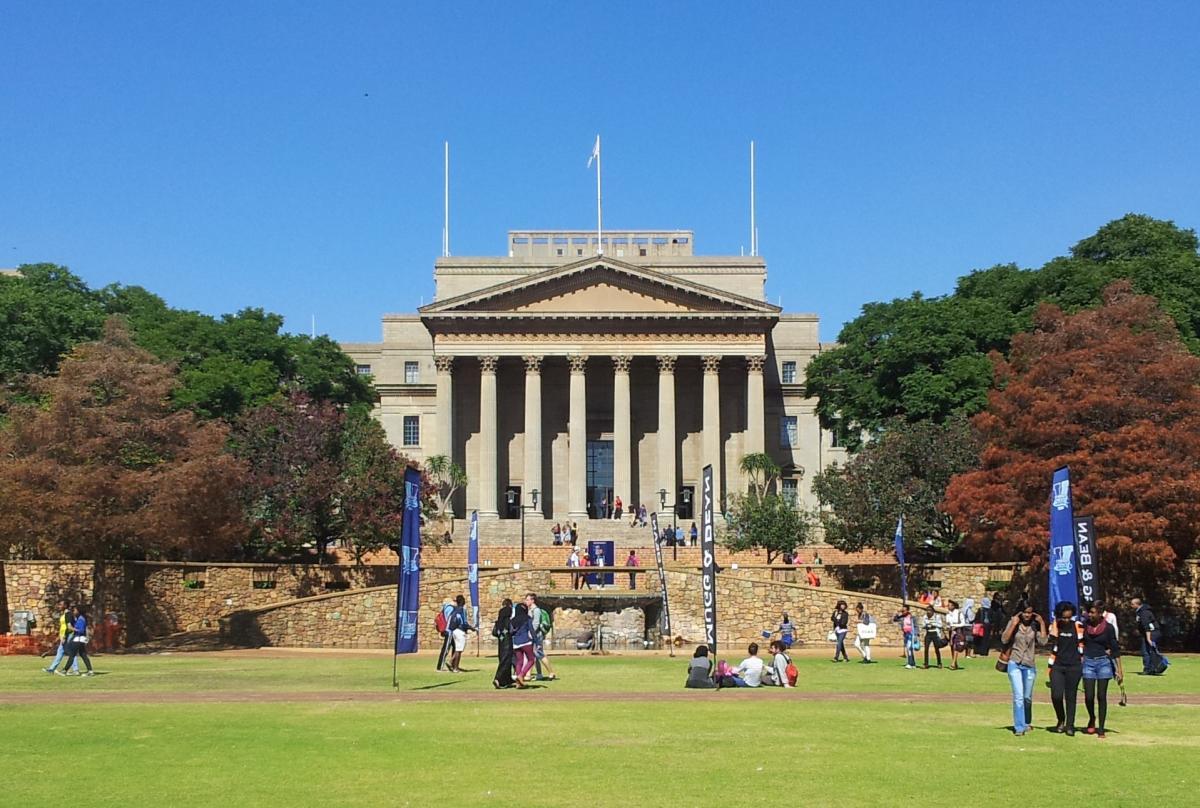
The University's Institutional Naming Committee was recently established to consider proposals, supported by suitable motivations as well as any terms and conditions that are applicable such as the value of the naming right to the University and the period of the naming right. It makes recommendations to Council. The University's Institutional Naming Committee has now been expanded to include representatives from all stakeholders in the University, including alumni.
There are many issues that could be considered when deciding on the naming of a University space or building, including philosophical issues, issues of principle, the redressing of past injustices, and the process of transformation towards a non-racial, democratic society based on equality and justice. It is also of vital importance that the University's campus environment and culture is welcoming and accommodating of all students and that it respects the values, mission, history, and future of the University.
The naming, or renaming, of any public space or building has a long term impact, including on the image and reputation of the University and is not done lightly. The University has therefore taken the appropriate decision to consult the broader University community (including staff, students and alumni) on the proposals approved by the Naming Committee to rename Senate House after Solomon Mahlangu and to rename Central Block after Robert Sobukwe .
These two proposals were largely student driven with the following motivations:
Students and others involved in the 2015 #FeesMustFall protests, were inspired by Solomon Mahlangu, the former uMkhonto we Sizwe cadre who was wrongfully accused on charges of murder and terrorism in 1977 and executed by hanging in 1979 at the age of 23. The name of Solomon Mahlangu was chosen because the students, workers and some academics were drawing parallels between youths whose lives were blighted and even terminated by the apartheid system and youth today whose potential in life is threatened by financial and other barriers to higher education. Exclusion driven by financial factors also undermines the students' belief that 1994 was a transition to a more democratic society in which not only all are equal before the law and a system in which there are no insurmountable barriers to achieving one's potential. During the protests last year, the Concourse of Senate House became a focal and popular space for protests, meetings and gatherings. During that period, the students informally named the building Solomon Mahlangu House.
Robert Sobukwe, the founder of the Pan Africanist Congress which launched the positive action campaign against the pass laws in 1960. Sobukwe was one of the first lecturers in African Studies at Wits, where he also completed his Honours dissertation in 1958. He fought for the emancipation and the struggle of Africans and remains one of those who gave up their lives for a just cause without being adequately recognised. In order to commemorate his service to the University and his contribution to fighting apartheid, it was agreed that the Committee would recommend that Central Block be named after Robert Sobukwe.
All comments should be sent to wits.comment@wits.ac.za marked for the attention of the Chair of the Naming Committee by 17:00 on 27 May 2016. The feedback will be collated and submitted to Council for deliberation when it considers the recommendations of the Naming Committee at its June meeting.
Please note that about 160 buildings and spaces have been identified for potential naming or renaming at Wits. Naming is therefore likely to be an ongoing long term project. In this process, any member of Convocation can propose, support or oppose a name. The University's Naming Policy can be found here: https://www.wits.ac.za/media/wits-university/giving-to-wits/documents/Naming%20Policy%202015%20Extract.pdf
Thanking you,
Professor Kgethi Phakeng
President of Convocation
Issued on behalf of the Executive Committee of Convocation
Disclaimer: Any views expressed by individuals and organisations are their own and do not in any way represent the views of The Heritage Portal.
